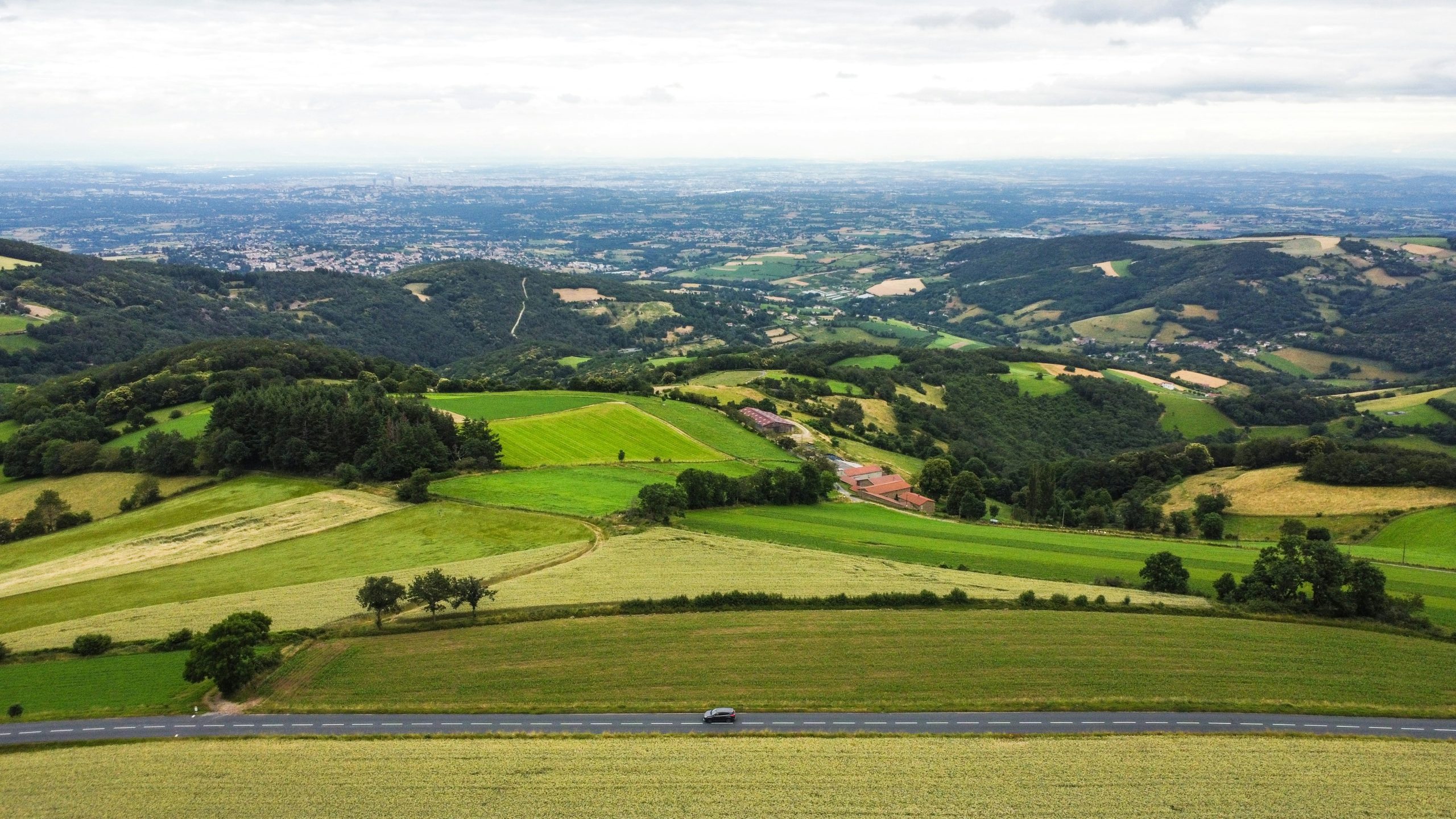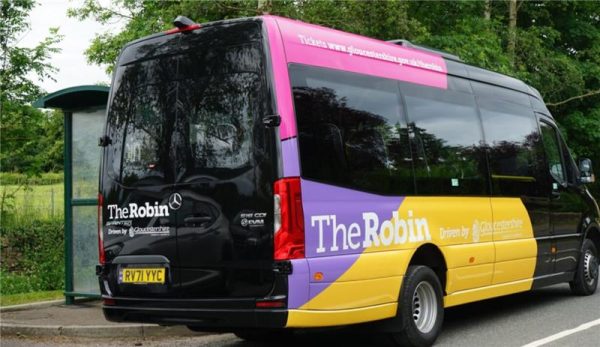Rural Mobility
Rural settlements in the South West are home to 1.8 million residents, which is a third of our population. We recognise the current approach to rural mobility has not worked for many of our local communities and that the challenges they face from the lack of access to everyday services, affordability and limited choice are very real.
Those living in the most rural areas make 87% of their journeys by car. This leads to higher carbon emissions, while those without cars risk social isolation alongside higher levels of expenditure on transport.
Without investment in affordable, decarbonised and publicly available transport, a substantial proportion of the South West’s population and the economies they support will continue to be hindered by poor accessibility and connectivity, holding back not only rural areas but the region as a whole. Digital connectivity and mobile services are also key to enable more to be done without the need to travel.
Second round of rural mobility
Applications now closed!
We are funding a second round of innovative transport pilots aimed at improving low-carbon, inclusive, and accessible mobility across rural communities in our area. £50k of funding will be allocated to rural transport schemes in the Western Gateway STB region for 2025-26, offering an opportunity to build on learnings from last year’s pilots and drive solutions to rural mobility challenges.

Peninsula Transport and Western Gateway STB
Rural mobility strategy
The South West Rural Mobility Strategy, developed jointly by the Peninsula Transport and Western Gateway Sub-national Transport Bodies (STBs), sets out mobility policy to help our communities become more connected, more accessible and more prosperous.
Our strategy identifies an ambitious vision for the future of rural mobility and provides a set of proposals to achieve it. A wide range of potential interventions have been packaged into bundles focusing on the needs of different types of rural places – including rural towns, villages, hamlets and more isolated dwellings – to form the basis for the development of rural mobility pilots.
The key next steps in delivering this strategy will focus on developing these pilots into live trials of rural mobility in the South West.

Making the case for rural investment
Making the case for rural investment sets out the challenges facing England’s rural communities when it comes to funding and levelling up. Poor accessibility and connectivity leaves rural communities suffering social isolation and reduced opportunities, while high car dependency in rural areas along with a need to travel further to services exacerbates carbon emissions.
In this research undertaken by WSP, six areas of focus have been identified that could be transformational for mobility in rural England. The report suggests key interventions needed to bring about change in rural mobility investment, along with the roles government, local authorities and STBs should play in helping deliver these.

First round of rural mobility
Pilot schemes picked
We’ve helping to fund three innovative transport pilots aimed at improving low-carbon, inclusive, and accessible mobility across rural communities in the Western Gateway region.
These include:
Gloucestershire Community Rail Partnership – Enhancing Access to Rural Spaces
A community – led research and engagement initiative exploring how Demand Responsive Transport (DRT) can support access to free-to-access green spaces across the South Cotswolds and Vale of Berkeley region.
Forest of Dean District Council – Low-Carbon Shared Mobility Club
A pilot introducing low-carbon car hire, e-bike hire, and shared transport in the Forest of Dean.
Bridport Town Council – West Bay Weekend Shuttle Bus
A low-cost, frequent weekend bus service between Bridport and West Bay to enhance community mobility and reduce car dependency.
